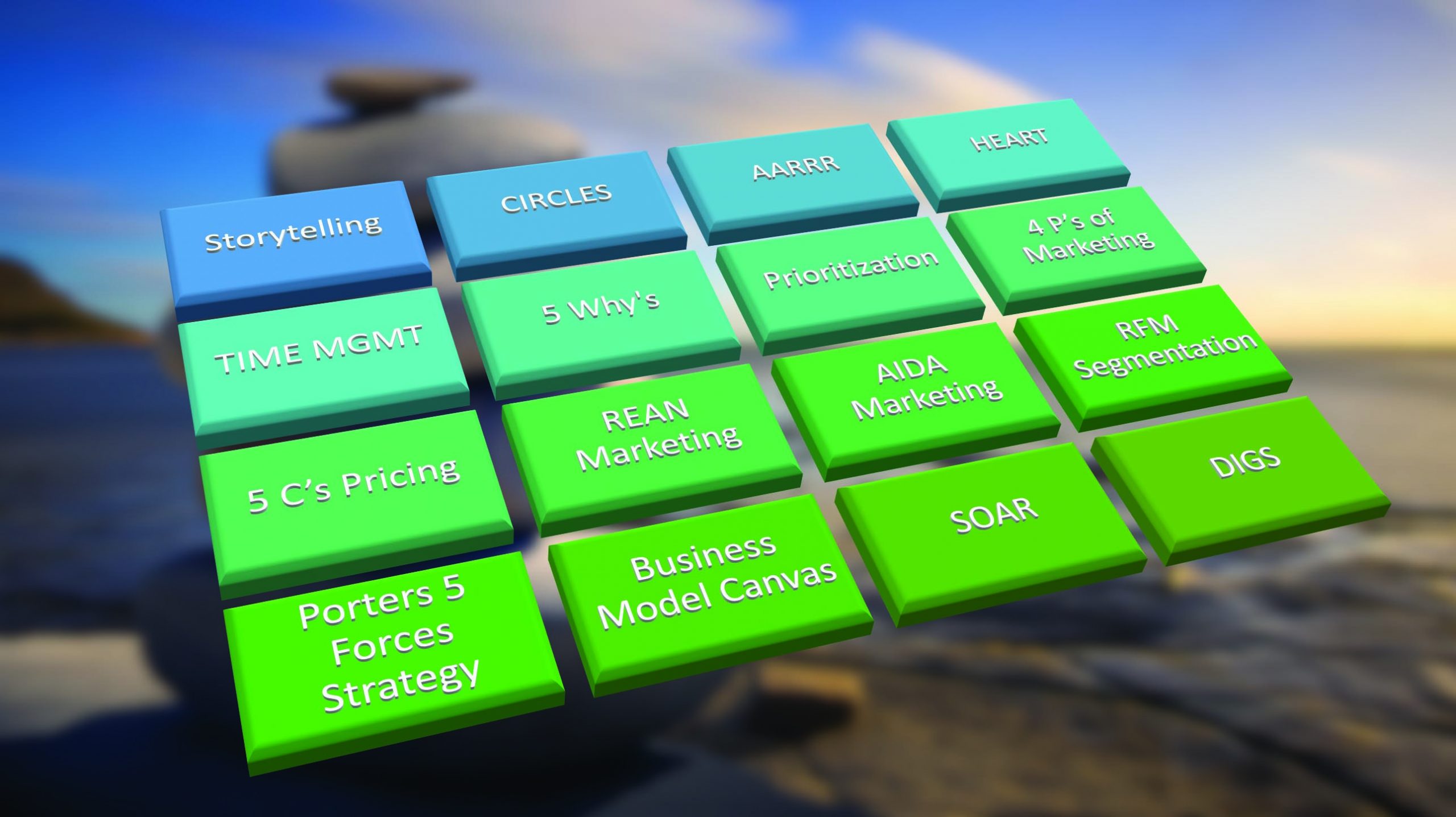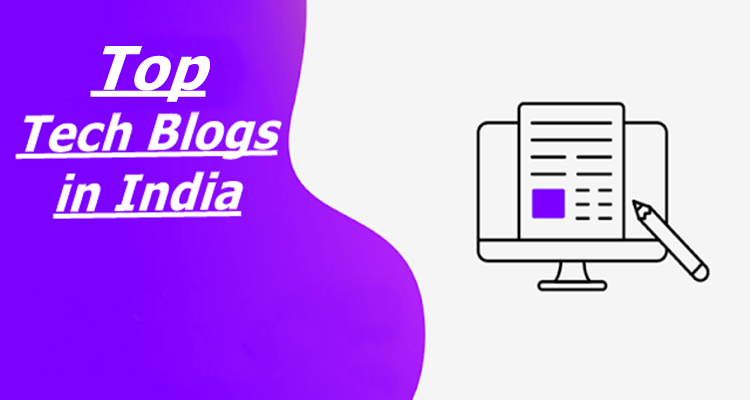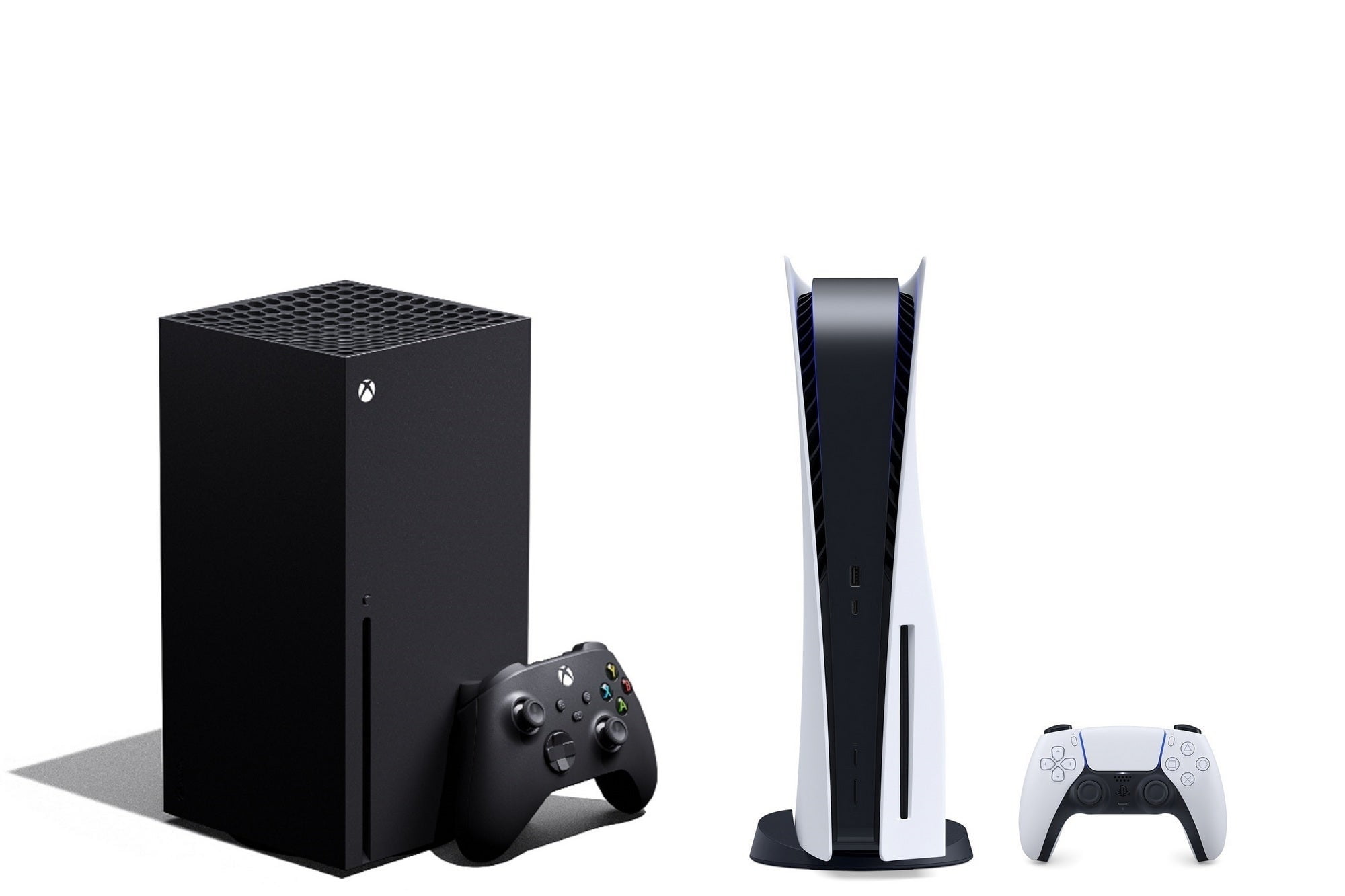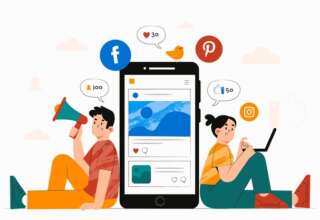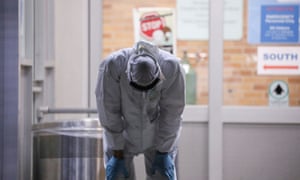
Jenn Caldwell is a hospital nurse in Kansas City, Missouri. By her estimate, she has cared for nearly three dozen Covid-19 patients since the pandemic began, and her close friend, a fellow nurse, has died from the virus.
When she developed an upset stomach consistent with Covid-19 she lost her composure. She curled up in a ball, cried and hyperventilated. Later, Caldwell wrote down all her financial account information, put it in her lockbox and texted her 20-year-old daughter the code.
“It’s so random who is getting Covid and dying. There was a definite panic, a definite freak-out,” Caldwell said, a member of the union National Nurses United. “It heightens my anxiety and paranoia … I didn’t feel like I had any before.”
What Caldwell experienced is exactly the sort of stress that will test America’s commitment to the mental health of the nurses and doctors, experts say – the very people healing the nation during the Covid-19 pandemic. And mental health practitioners, who themselves might be working in affected hospitals, are bracing for a surge of need in the coming months.
“We’re not post-anything,” said Rachel Yehuda, director of the Traumatic Stress Studies Program at Mount Sinai hospital’s Icahn School of Medicine in New York City. “Right now, we’re in the middle of a major pandemic and frontline workers are thinking about the moment-to-moment.”
Instead, some mental health effects could emerge months later, like the aftershocks of an earthquake.
Nurses and doctors are highly regarded in the US, and routinely rank high in trustworthiness in public opinion polls. However, even before the pandemic, they experienced psychological burdens associated with their work.
“You have to first think about how doctors and nurses are not starting from a baseline of zero,” said Dr Jessi Gold, a psychiatry professor at Washington University in St Louis, Missouri. “They have really high rates of burnout, really high rates of substance use and depression, and doctors especially have very high rates of suicide and depression.”
Doctors have died by suicide at double the rate of the US population, according to a review of 10 years of evidence presented at the American Psychiatric Association meeting. Meanwhile, in a 2013 study published in the journal Nursing Forum, University of Colorado researchers found that anywhere between 21-28% of intensive care unit (ICU) nurses exhibited symptoms of post-traumatic stress disorder.
Symptoms of PTSD, diagnosed at least 30 days after an event, include intrusive memories, hyper-vigilance (the classic example is jumping when a car backfires) and estrangement from relationships. Researchers are expecting the number of health workers with PTSD to rise, though it’s impossible to know how much.
“Obviously, we don’t know a lot of what’s going to happen once this Covid response is over,” said Meredith Mealer, a professor at the University of Colorado’s Clinical and Translational Sciences Institute who worked on the study of nurses . “I would anticipate we start to see nurses and physicians who have PTSD as a result of this up closer to 40-50%.”
However, that number – which is higher than combat veterans or sexual assault survivors – should not stick. It is normal to experience PTSD-like symptoms right after a traumatic event, Yesuda said, but that may not persist. “There is every reason to believe that once this is over, most people will not experience the symptoms they are having now,” she said.
Some experts have looked to the 9/11 terrorist attacks for clues . In a January study published in the Journal of Clinical Psychiatry, Mount Sinai researchers found 26.8% of police and 46% of “nontraditional responders”, such as construction workers, had some symptoms of the syndrome 12 years later.
“We felt overwhelmingly affected by 9/11 in New York,” said Yesuda, who worked in the city at the time. “We worried about our frontline workers, we worried about the police, and the firefighters, and everyone at Ground Zero.”
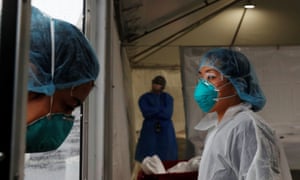
Facebook Twitter
Meanwhile, health workers are also presented with new pressures, ranging from the provision of care to their own safety and economic security. Unions are concerned about the effects of “moral distress” on health workers, a term for when workers are constrained from taking what they believe is the most ethical path of treatment because of lack of resources or guidelines.
Some workers said they have lost faith in their institutions, as colleagues contracted Covid-19 amid shortages of personal protective equipment (PPE) and shifting public health guidance. . Newly strained hospital budgets have forced some to weather pay cuts.
Often, they’re experiencing this in isolation. Visitors are banned from the hospitals, and many providers are sheltering away from their families because they fear infecting them.
Caldwell sent her 15-year-old daughter to live with her sister when the pandemic started. Derek Villareal, also a member of National Nurses United, said the fact that both he and his wife are ICU nurses makes going home to his five-year-old feel dangerous.
“You see your little girl having dinner and playing, and then you get upset,” said Villareal, whose hospital also rationed personal protective equipment during the pandemic. “I’m not confident in my facility’s ability to protect me.”
Studies from other countries where the pandemic hit earlier could shed light on the potential mental health effects of Covid-19 in the US.
Researchers in China found that nurses and women in particular suffered psychological burdens after the pandemic, according to a study published in the Journal of the American Medical Association Network Open. In a survey of more than 1,800 nurses and doctors who treated Covid-19 patients, 71% reported “distress”, 50% described depression, 44% suffered anxiety and 34% had insomnia.
In another study, not yet peer-reviewed, University of Rome researchers surveyed more than 1,300 healthcare providers through Italy’s pandemic. The group found nearly half reported symptoms of PTSD.
Interventions
To stave off a mental health crisis, the World Health Organization has urged hospitals to think of the pandemic as a long-term situation, and give workers breaks and rotate them out of high-stress positions.
Hospitals have also started offering support groups for frontline health workers, and the American Medical Association is urging them to use Headspace, the meditation app, and take breaks from news and social media..
“When they exhale, we’re going to need to be there, and we’re going to need to be there with coping skills, resilience building, exercises which will allow the self-reflection of all the things that were right and wrong at this time, and all the hugs they couldn’t get and couldn’t give,” Yehuda said.
Mealer rolled out a national program to allow up to 100 nurses and doctors to tell “trauma narratives” of what they have experienced. Researchers, however, acknowledge forcing people to relive an event may re-traumatize some people.
At Mount Sinai, New York City’s New Museum launched “recharge rooms”, which immerse workers in music, sound, scent and lighting. “As soon as I heard the sound of the birds, I started crying because it’s exactly what I needed – a vehicle to allow me to let go,” one worker told the New Museum.
But many worry the mental health system will fall short. Gold argues bureaucratic hurdles could dissuade people from seeking help, such as licensure surveys which ask whether nurses and doctors have been diagnosed with a mental health condition without explaining potential impacts on their livelihood. Meanwhile, there are already too few mental health providers work in rural areas, and costs can be prohibitive.
The challenge, Gold said, will be “finding people who can see us in the times we can be seen, and have a profession that actually values mental health and vulnerability at some leadership level”.
Caldwell, meanwhile, is coping with “a kaleidoscope of feelings”. While she said her experienced have not rivaled those of her husband, who was a soldier, her days have been difficult.
“I have these moments where I’m so angry at the hospital and the handling of it, but then I feel like that’s a little bit misplaced,” she said. “I feel angry all the way up to the administration of our country for not handling it properly.”
News is under threat …
… just when we need it the most. Millions of readers around the world are flocking to the Guardian in search of honest, authoritative, fact-based reporting that can help them understand the biggest challenge we have faced in our lifetime. But at this crucial moment, news organisations are facing an unprecedented existential challenge. As businesses everywhere feel the pinch, the advertising revenue that has long helped sustain our journalism continues to plummet. We need your help to fill the gap.
We believe every one of us deserves equal access to quality news and measured explanation. So, unlike many others, we made a different choice: to keep Guardian journalism open for all, regardless of where they live or what they can afford to pay. This would not be possible without financial contributions from our readers, who now support our work from 180 countries around the world.
We have upheld our editorial independence in the face of the disintegration of traditional media – with social platforms giving rise to misinformation, the seemingly unstoppable rise of big tech and independent voices being squashed by commercial ownership. The Guardian’s independence means we can set our own agenda and voice our own opinions. Our journalism is free from commercial and political bias – never influenced by billionaire owners or shareholders. This makes us different. It means we can challenge the powerful without fear and give a voice to those less heard.
Reader financial support has meant we can keep investigating, disentangling and interrogating. It has protected our independence, which has never been so critical. We are so grateful.
We need your support so we can keep delivering quality journalism that’s open and independent. And that is here for the long term. Every reader contribution, however big or small, is so valuable.
source: theguardian

